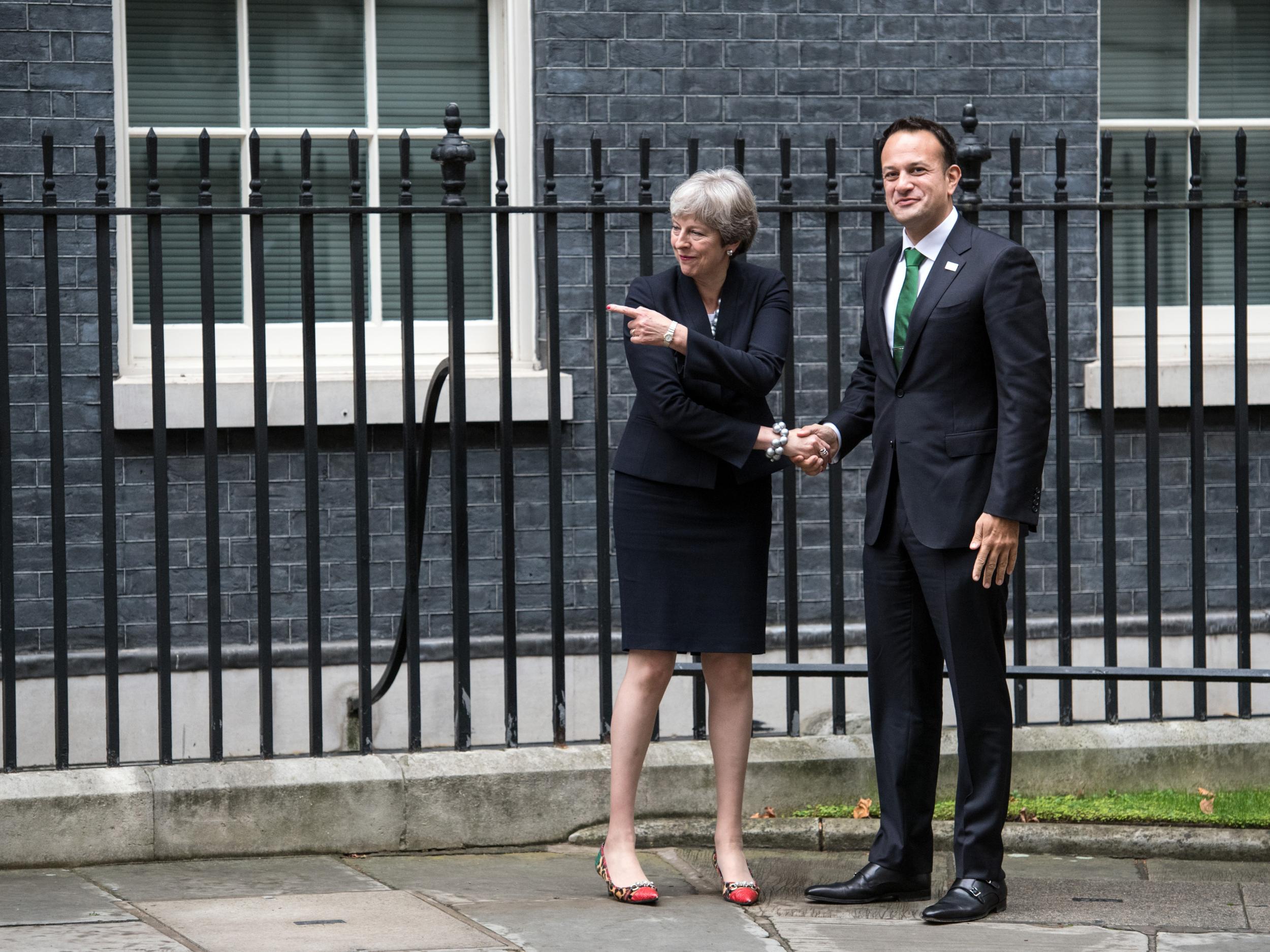Gibraltar is going to be an even bigger Brexit problem than Ireland – so why does no one want to talk about it?
For all its attachment to the Crown (98 per cent want to stick with Britain rather than join Spain), some 96 per cent of Gibraltarians voted to Remain in 2016, by far the highest anywhere. They have a sophisticated understanding of how and where their bread is buttered down there


Gibraltar. It’s always an afterthought in the Great Brexit Debate, but, as Ken Clarke remarked recently on the BBC’s Sunday Politics, it will “make the Irish problem look like a picnic”.
It’s a pity more people don’t pay attention to the Gib issue, because it represents an even bigger problem for a smooth Brexit or transition deal than Northern Ireland does. At least with the Irish border the problem has been faced up to because it was a condition of the Brexit divorce settlement and the start of talks on post-Brexit trade. This timing has meant that a lot of the trickier questions and vital dangers about a return to violence have been placed centre stage.
It has in fact pre-empted much of the second round of talks on what the eventual UK-EU relationship will look like. For that much we should be grateful.
Now is the time to pause and consider the analogous problem of Gib: the other coming UK-EU land frontier and one where British territory also has an historic claim placed on it by a foreign power, namely Spain.
There are differences between Northern Ireland and Gibraltar, obviously, based on geography, economics and history. Gibraltar isn’t in the UK, but as a close overseas dependent territory it may as well be, and it was given a vote in the EU referendum. For all its attachment to the Crown (98 per cent want to stick with Britain rather than join Spain), some 96 per cent of Gibraltarians voted to Remain in 2016, by far the highest anywhere. They have a sophisticated understanding of how and where their bread is buttered down there.

But things could go badly wrong for our little tax haven. If we end up with a hard Brexit, that means a hard border between Gibraltar and Spain. It would be even worse for Gibraltar than Northern Ireland, as almost everything Gibraltar needs relies to an extent on Spanish cooperation. But it wouldn’t matter much to Spain if a sort of Berlin Wall was erected across the tiny peninsular. Not that it will be, but that’s just to highlight the imbalance in dependency between the two.
Under the EU customs union and single market, and since Spain joined the EU in 1986, there has been free access to markets and people. Spain no longer can close the border to put pressure on the territory it claims as its own. Tensions eased.
Since Brexit, however, they have become acute – even to the extent of some barmy talk about war inspired by Michael Howard last year. We won’t have that, but placing Gibraltar outside the single market and adding onerous border controls would put Gibraltar under great hardship – and Spanish workers and businesses too, though some in Madrid might think that a price worth paying to overrun this accident of history.
The EU has given Spain a formal veto over Brexit if Madrid is not happy with the Gibraltar dimensions of a Brexit deal. The Irish didn’t get that. Whereas the British used to informally trade on Catalan independence inside the EU in return for Spanish support on Scottish independence and quiescence over Gibraltar, that British leverage will soon disappear.
The obvious answer is to give Gibraltar membership of the customs union and single market by special protocol. Other EU countries with dependencies, including some French territories in the Caribbean, have bespoke arrangements. Gibraltar could easily be treated much like other EU microstates such as Monaco, San Marino, Vatican City and Andorra; EU members in all but name, albeit with no formal voting powers.
But to get even that, Theresa May needs Spain to lift its veto. She would have to offer something bilaterally to Prime Minister Mariano Rajoy, maybe a concession on sovereignty or governance. But the 2006 Gibraltar constitution also gives the territory and Gibraltar chief minister Fabian Picardo a veto over such changes, always seen as unacceptable.
So one tiny strip of land, two vetoes and three governments trying to achieve the impossible, and the very real prospect of another disaster, maybe even the loss of Gibraltar, after centuries of British naval control of the gates of the Mediterranean. Makes you wonder if all this collateral damage is worth it.
Join our commenting forum
Join thought-provoking conversations, follow other Independent readers and see their replies
Comments
Bookmark popover
Removed from bookmarks